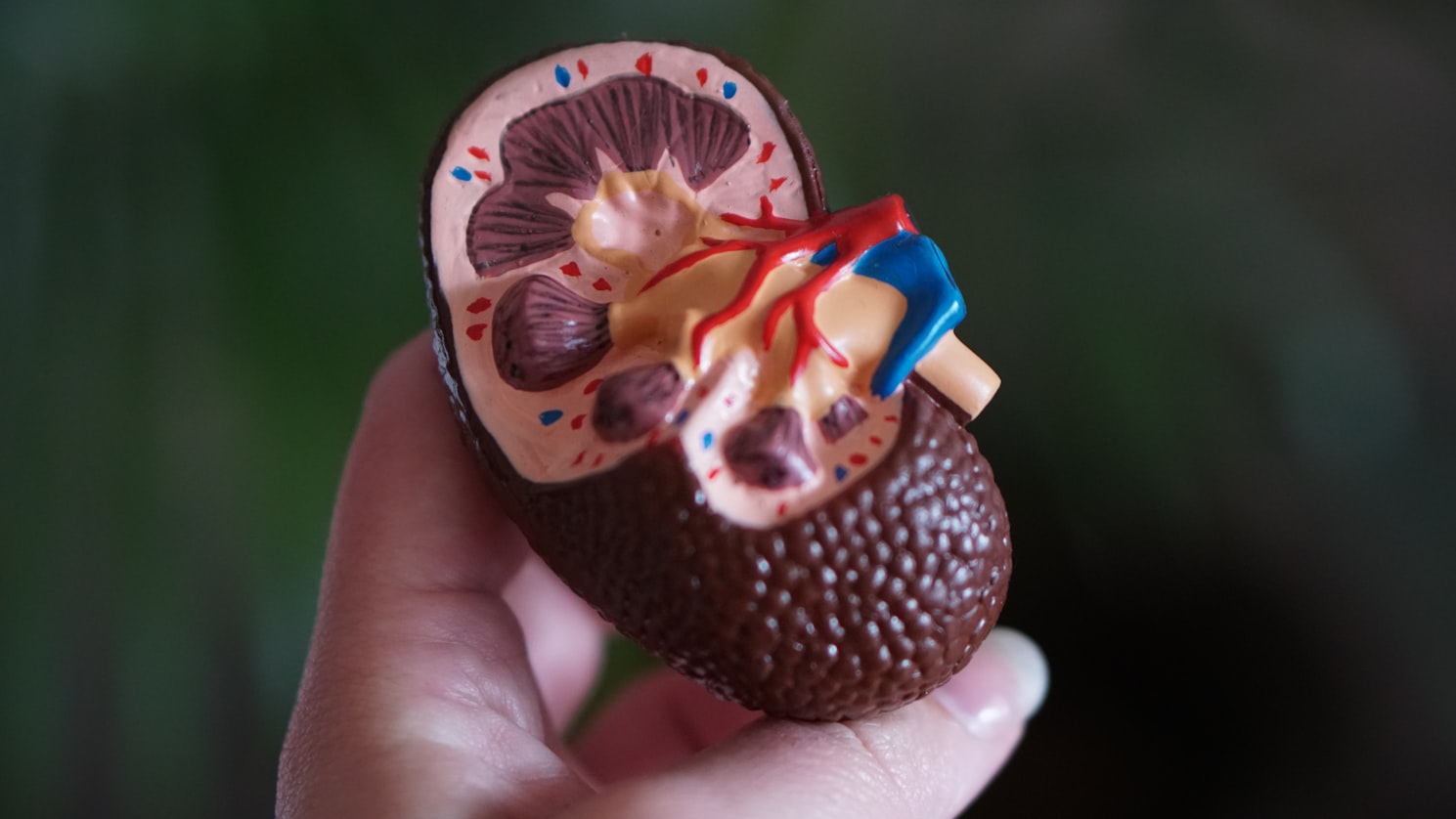Drug Compound May Treat Common Genetic Kidney Disease
Researchers from the University of Sheffield in collaboration with Glasgow-based biotech company Mironid, have developed a new class of drugs for treating a common genetic kidney disease, autosomal dominant polycystic kidney disease (ADPKD),that results in kidney failure.
ADPKD is a result of a genetic fault that alters the normal development of kidney cells causing cyst formation leaving the affected individuals in dire need of life-saving treatments, such as dialysis or a kidney transplant. The cysts in ADPKD cells express higher than normal levels of cyclic AMP (or cAMP)—which can tells when to divide and secrete fluid.
Learn more about ADPKD:
With the newly developed compound, it can activate an enzyme called PDE4, which functions to break down cAMP. The breakdown of cAMP can suppress the progression of ADPKD. Demonstrating the effects of PDE4 on cell lines and patient tissues, researchers were able to confirm that when the Mironid compound activated PDE4, the growth of the cysts were suppressed.
"Drug development usually focuses on looking for ways to block molecular and chemical processes, not switch them on, so this is a rare mode of action. As a researcher, it's very exciting to be involved in the early stage development of a completely new class of drugs,” says Professor Albert Ong, a consultant nephrologist and professor of renal medicine. "It's also very heartening for me as a clinician since like most genetic diseases, ADPKD cannot be cured. This discovery gives me hope for the many patients I see in my clinics that there could be another effective new treatment in the future to keep the disease in check for much longer, either on its own or in combination with other drugs such as tolvaptan. I would love to think that ADPKD could one day be a disease that people can successfully manage throughout their natural lives, rather than one that could shorten their lives."
Findings were published in the journal Proceedings of the National Academy of Sciences (PNAS).
"This exciting publication highlights the innovative science behind our LoAc® PDE4 activator technology. These first-in-class small molecules have the potential to address unmet clinical need in Autosomal Dominant Polycystic Kidney Disease (ADPKD), and potentially have further utility across different therapeutic areas where unbalanced cellular signaling drives disease progression. Looking to the future, we are excited and enthusiastic in our continued collaboration to translate this novel approach into real therapeutic benefit,” says Dr. David Henderson, Mironid’s senior investigator.
Source: University of Sheffield









